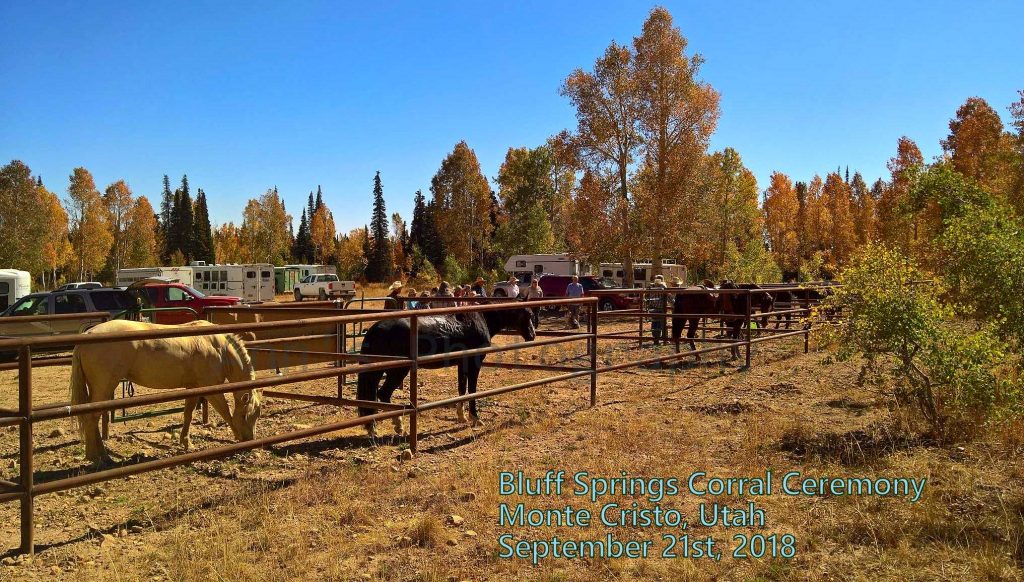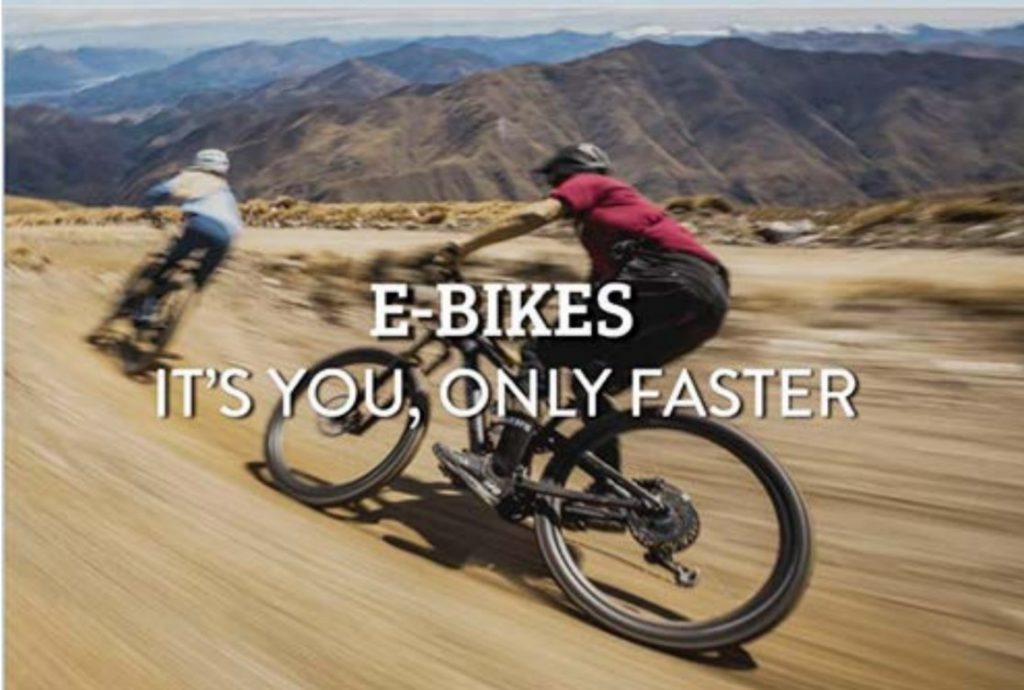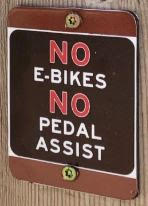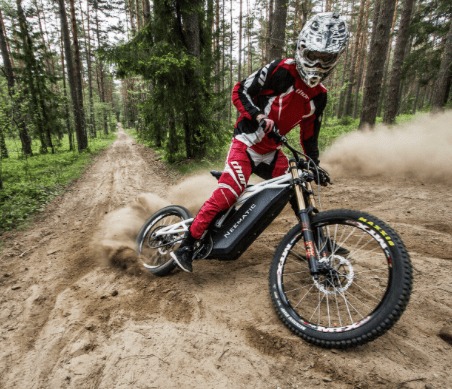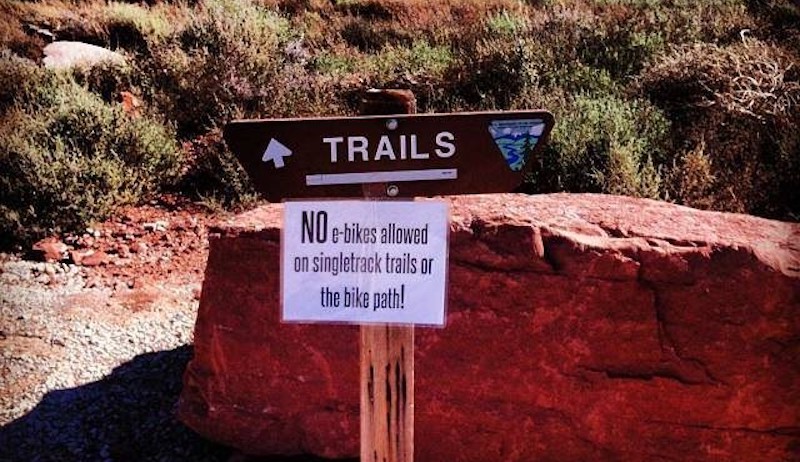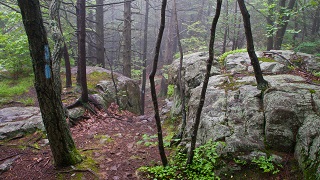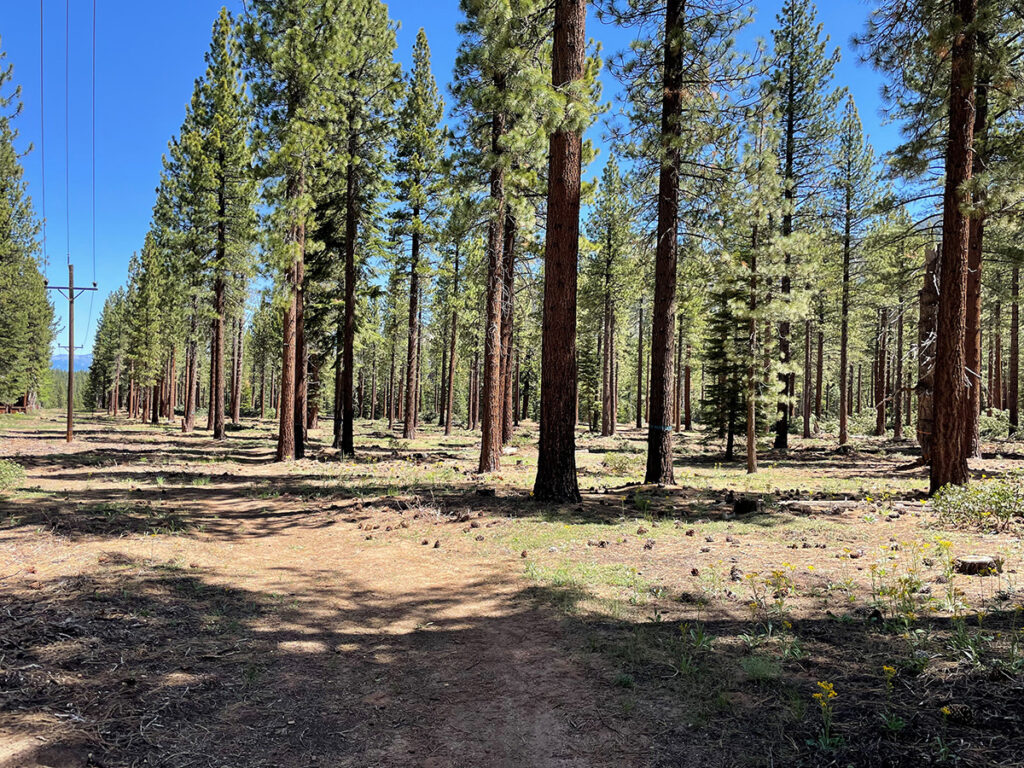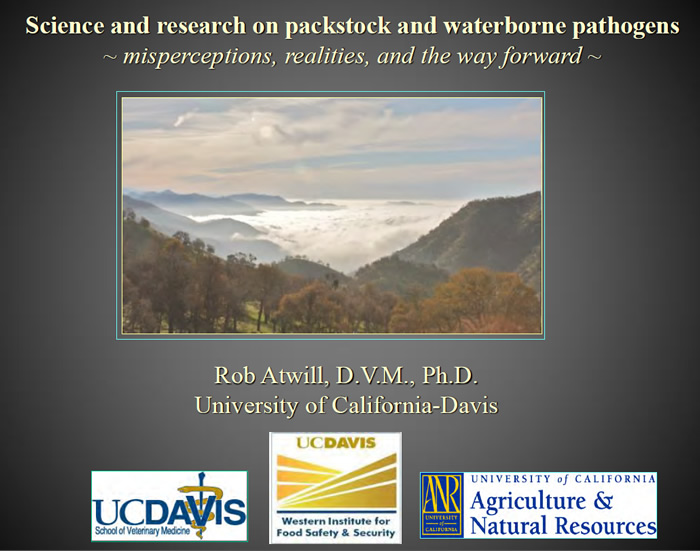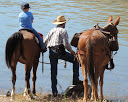Our Public Lands Story
The 1964 Wilderness Act established a National Wilderness Preservation System of federal lands “where the earth and its community of life are untrammeled by man, where man himself is a visitor who does not remain.” The act designated 54 wilderness areas with 9.1 million acres within the national forests and reserved to Congress the authority to add areas to the system. Congress has enacted 117 subsequent statutes designating wilderness areas (including one with 16 wilderness-related subtitles) and 8 other statutes requiring wilderness study or otherwise significantly affecting wilderness areas. Many of these statutes provide management direction for designated areas that differ from the Wilderness Act provisions. As of August 2024, the system totaled 806 wilderness areas with 111.9 million acres of federal land. That might sound like a lot. Yet only about 5% of the entire United States—an area slightly larger than the state of California—is protected as wilderness. Because Alaska contains just over half of America’s wilderness, only about 2.7% of the contiguous United States—an area about the size of Minnesota—is protected as wilderness. Source: www.wilderness.net
Our Public Lands
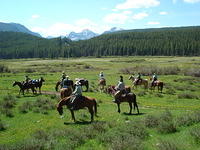
There has been a lot of attention recently about Public Lands and where America is headed with the management of those lands. Further, anyone who recreates on America’s public lands is often exposed to unfamiliar terms and may not understand the differences. The Wilderness Act focuses on wilderness areas but what about our other public lands? These lands are owned “equally” by all Americans. There are 618 million acres of public land across the U.S., with a significant portion in Alaska and the western U.S. The total U.S. land base is 2.27 billion acres in size. A discussion by Mac Long titled, “Our Vast Public Lands, Owned Equally by all Americans” discusses the differences in our public lands and what it means to you.
Law & Policy
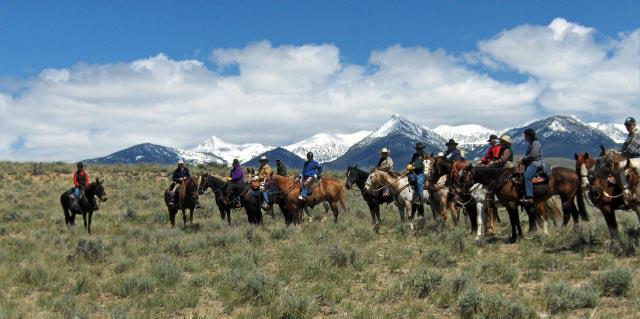
History
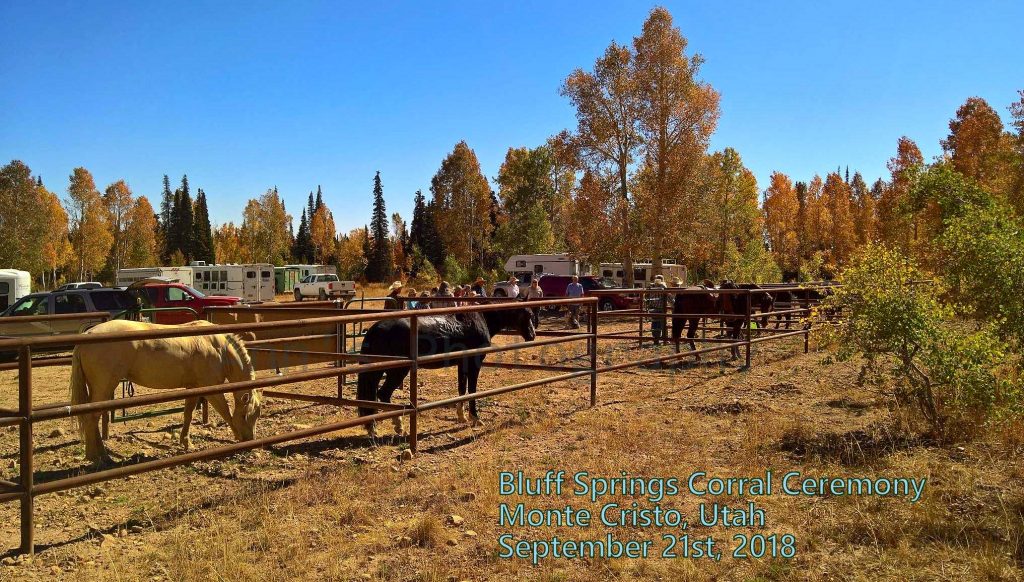
If You Depend on Developed Horse Camps on Public Lands, BCHA Needs Your Help!
We need help in documenting incidents of parties without stock occupying developed horse camps in your State. BCHA is relying on its members to provide data from the field of your observations, should we need to promote further solutions.
BCHA Encourages Chapters to Review USFS Memo “Best Practices for Managing Stock Use Sites at Developed Campgrounds” & Discuss with Local USFS Staff, click to view.
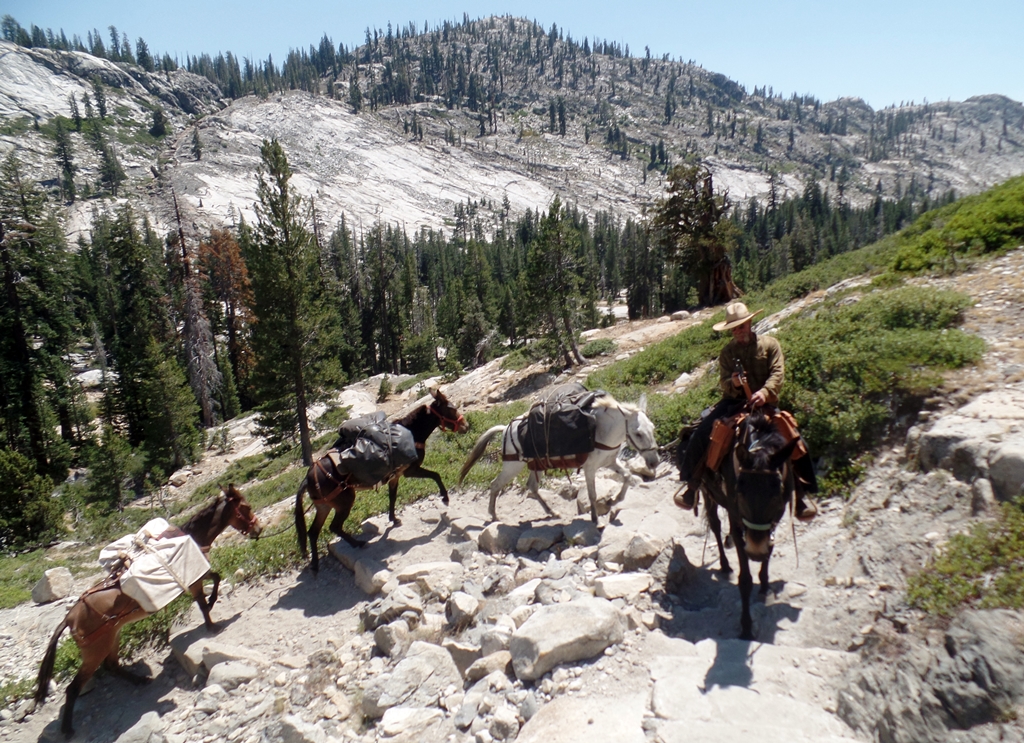
We Protect Our Public Lands
BCHA strives to protect public lands, public access and the horseback riding experience.
National presence on the “Capitol Hill” – BCHA’s Public Lands Director makes several trips to Washington DC annually to maintain our visibility with legislators and leaders of federal land management agencies (Yet local contacts with elected officials by BCHA members remains the primary way in which we can influence legislation important to horsemen).
You can help by voicing your opinion on Legislation that will affect public lands and public access. From time to time, we will alert our members and ask you to contact your congressional members on important issues!

Electric Bike Incident Reporting Form
While the use of electric motorized bicycles (e-bikes) on non-motorized trails might be authorized by federal land management agencies, few have done so to date given extensive requirements for stakeholder engagement and environmental review. Yet equestrians continue to describe incidents of illegal e-bike use on trails shared by hikers and others.
Federal land managers not attune to our concerns regarding heightened potential for trail conflict and safety issues associated with fast-moving e-bikes might be persuaded to authorize e-bike use in the absence of documentation of reported incidents. In response, the Back Country Horsemen of America (BCHA) developed a reporting form wherein trail users can submit reports of e-bike encounters—either positive or negative—while enjoying natural surface trails.
Over time, these reports could prove useful in identifying trail conflict “hot spots” and in making a case for land managers to proceed with caution when deciding where to authorize e-bike use.
Please share completed forms of illegal or unsafe e-bike incidents with the relevant land manager or law enforcement entities so they have a record of your reported incident. Keep a copy for yourself and please email completed forms to BCHA at: michellewade@bcha.org

Public Lands Workshop
Learn to Communicate The Equestrian Experience
Three presentations were presented at the BCHO 2010 National Board meeting by Dennis Daily, Senior adviser for Wilderness recreation & Trails. We encourage you to watch these to improve your public land skills.
The Equestrian experience is more than the act of riding. What does trail riding in the wilderness mean to you? If all your telling your local public land manager you want to just ride the trails, you are leaving out a lot of details they need in order to provide you with the opportunity to enjoy a quality experience. The desired outcome or experience may also have a social component, sharing the experience with family and friends, or enjoying the solitude of the forest.
When responding to scoping comments requested by public land managers it is not just a chance to ride, it is more. Riding in a natural appearing environment, near my community where I can enjoy on evenings and weekends, in an area where I can get help if needed, and much more. Learn to be effective when responding.
This and other related topics are covered to help teach you how to respond when asked for your help to keep trails open on public lands. These are Power Point files you can view or download.
Ongoing Issues
Agreements with Federal Agencies
Environmental Issues
To read more information on the topics below go to our Alerts Page by clicking here.
To include:
- National Park Issues
- Legislation News
- USFS Maintenance Backlog!

